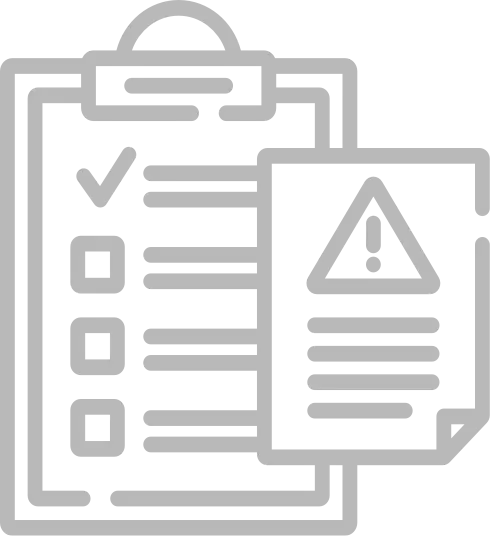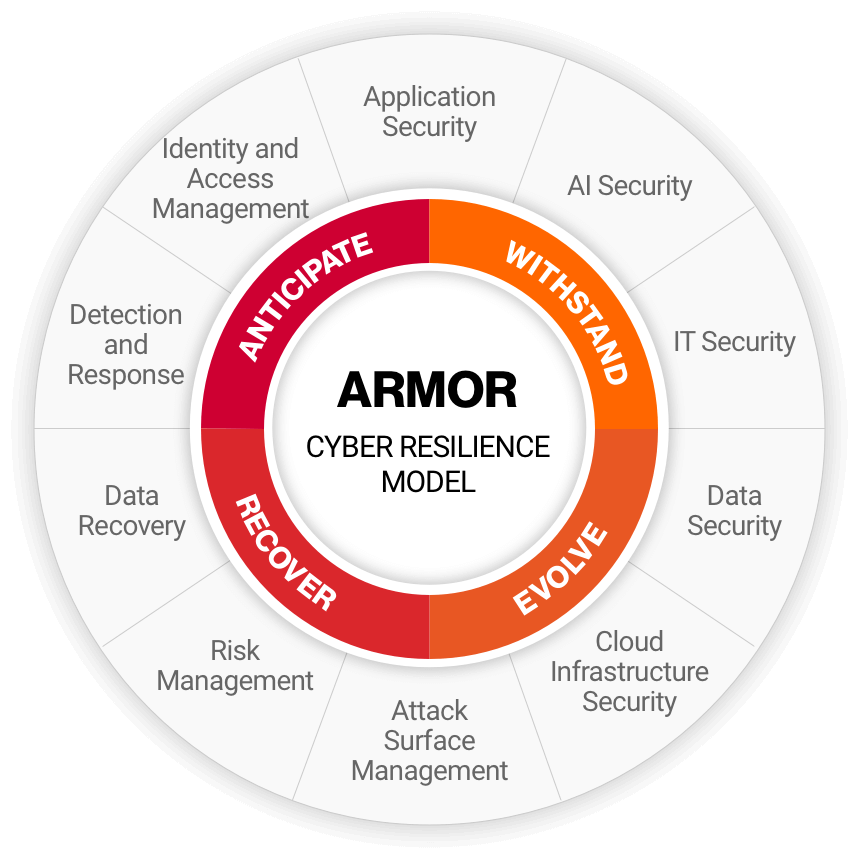TL;DR:
SaaS companies cannot rely on traditional security alone. Banks like JPMorgan and healthcare organizations such as American Hospital Association are demanding stronger supply chain diligence. Building cyber resilience across SaaS companies is now a business imperative and the new trust currency.
SaaS at the Center of Modern Business
The SaaS economy now sits at the core of how business gets done. From FinTech platforms moving millions of transactions a day, to HealthTech providers protecting patient data, to productivity suites infused with generative AI, and OT tech platforms running critical operations, SaaS drives nearly every modern organization.
That level of reliance also creates real exposure. A single misconfiguration in a multi tenant environment can cascade into a cross customer breach. A ransomware attack can paralyze downstream customers. A compliance failure can shut the door on lucrative markets overnight.
Traditional cybersecurity, focused on blocking intrusions or passing compliance audits, doesn’t fully solve the problem. SaaS providers need the ability to anticipate, withstand, recover, and evolve through inevitable security disruptions. That’s the essence of cyber resilience.

Why Cyber Resilience Matters in SaaS
Every organization values resilience, but SaaS companies face unique pressures that make it non negotiable:

The Always On Model
Customers expect 24/7 availability. Even brief outages ripple across entire industries.

Multi-Tenant
Architecture
Shared environments magnify the impact of small errors. Misconfigurations that would be minor in an enterprise can become systemic in SaaS.

AI Adoption at Scale
New SaaS features increasingly rely on machine learning or generative AI. These create fresh attack vectors like prompt injection, model poisoning, or data leakage through shadow AI use

Intensifying Regulation
Compliance frameworks and regulations are becoming more stringent worldwide. NIST CSF 2.0, SOC 2, HIPAA, PCI DSS 4.0, GDPR, and the EU AI Act all carry heightened expectations. For SaaS companies, compliance is not just about fines, it’s about sales. Customers will not sign unless they are trustworthy and resilient.

Supply Chain Fragility
Even the largest banks and healthcare systems admit their resilience is only as strong as the vendors behind them. When a SaaS or infrastructure supplier fails, the blast radius extends far beyond one company.
For SaaS leaders, resilience has to be treated as a priority for the board and executive team, directly connected to revenue, retention, and competitive advantage.
